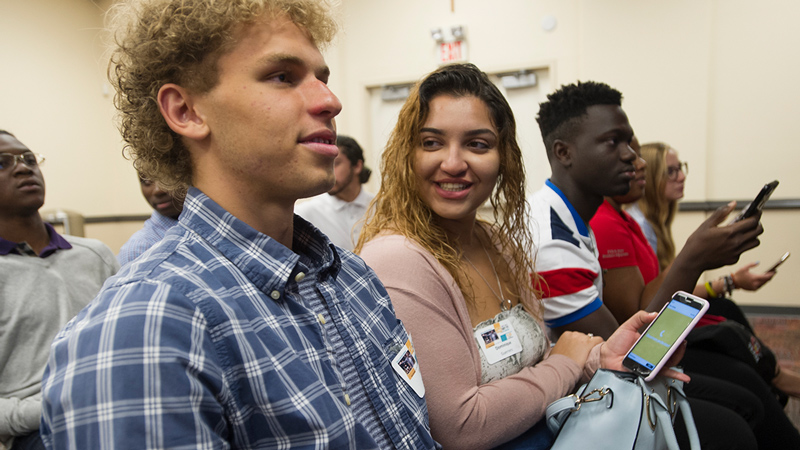Graduate StudentsFinancial Aid
A college education is one of life’s biggest investments. Financial aid funding is available to help students pay their education-related expenses. Financial aid programs have enabled thousands of students to achieve their educational goals.
Barry University encourages students to use their own resources first to finance their education. When personal resources of the student are insufficient to meet the total cost of education, the Financial Aid Office makes every effort to supplement the student's resources with available financial aid.
Barry University participates in the full array of federal and state financial aid programs available to graduate students. In addition to government-funded programs, there is also program-specific assistance, such as scholarships, assistantships, as well as tuition discounts. About 80% of our student body receives some form of financial aid. At Barry, we are committed to doing all we can to help you finance your education.





























